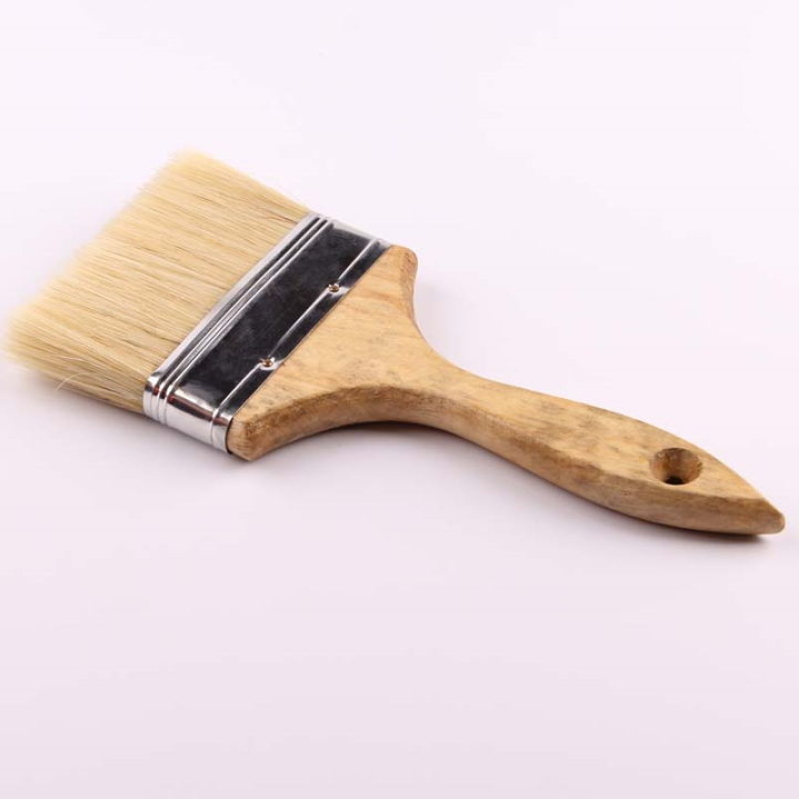
Malaysia, a country whose constitution does not mention whether it is secular or Islamic unlike India’s that clearly spoke of the former, has once again come under scrutiny as the halal brigade lost their heads. In Selangor, one of the richest states under opposition rule, has seen its office of the Domestic Trade, Cooperatives and Consumerism Ministry seize eight paintbrushes of different kinds from a trio of hardware stores in the city. The “crime”? These paintbrushes allegedly made use of pig bristles, which are deemed unlawful and unclean by Muslims in Malaysia, at least among the religious authorities and bodies. The ministry’s Selangor enforcement chief, Abdul Rosik Yakub, defended the seizures of these paintbrushes, citing that they were lawfully performed in an operation as the paintbrushes failed to display a label which would have allowed the average Muslim to be able to tell the difference between a paintbrush that used hair from ‘halal’ animals, or are of the synthetic sort.
Yakub informed reporters, “Hardware shops are free to sell these brushes but they must be labelled and kept separately to make it clear to consumers, especially Muslims.” He further continued that these paintbrushes failed to carry the A913 and A680 codes, which are indicators that they are actually made from pig bristles. The seized paintbrushes failed to carry these codes, and hence would be sent for testing at the Universiti Putra Malaysia Halal Products Research Institute in order to determine whether these paintbrushes are ‘halal’ for Muslims to use or not. Just when you thought that bureaucracy within a government has run out of ideas on splurging the taxpayer’s money on something as inane as this.
Interestingly enough, when a small sample of the general Muslim populace were asked as to whether they know what A913 and A680 codes are, the only answer was a blank stare as thoughts of an Airbus model raced through some of their minds.
Muslim Consumer Association of Malaysia: Many Muslims ‘not smart’
Here’s a kicker -- the Muslim Consumer Association of Malaysia (PPIM in short) has stepped up efforts to introduce a ‘Pig Logo’ so that Muslims who are “not that smart” will not accidentally end up purchasing one of these ‘haram’ items, or any other stuff that carries derivatives of pig parts. PPIM chief activist Mr. Nadzim Johan stated that food items, clothes, kitchen utensils and other stuff which were made using pig derivatives without carrying a clear indication of doing so is a clear violation of the law.
Mr. Nadzim said, “Many Muslim consumers are not smart. If I say they are stupid, it will agitate people, but they are not that smart. They consume everything (blindly). So I suggest we should have a ‘Pig Logo’, otherwise they would eat this (the paintbrush) as well.”
To date, 2,003 paintbrushes with an estimated value of close to RM11,000 (US$2,800) that were made using pig bristles have been seized. These were taken under the auspices of the Trade Descriptions (Goods Made from any Part of Pig or Dog) Order 2013, where products of such nature ought to be labelled and separated from other kinds of goods.
If convicted, violations of this order could run to as high as RM100,000 (US$24,000) fines, three years in the slammer or both when it comes to an individual conviction. Corporations face sterner fines of up to RM250,000 (US$60,000).






